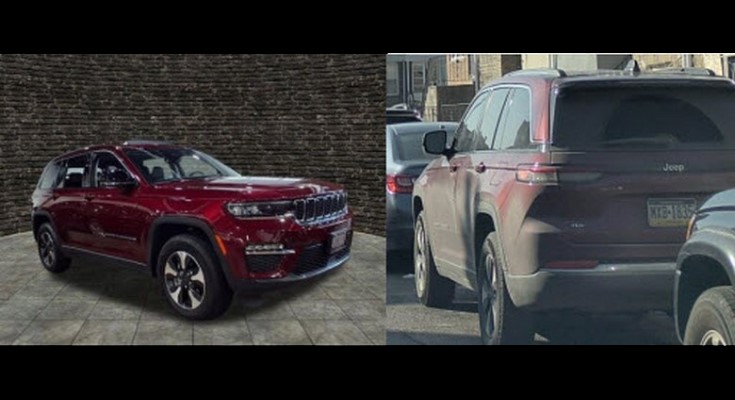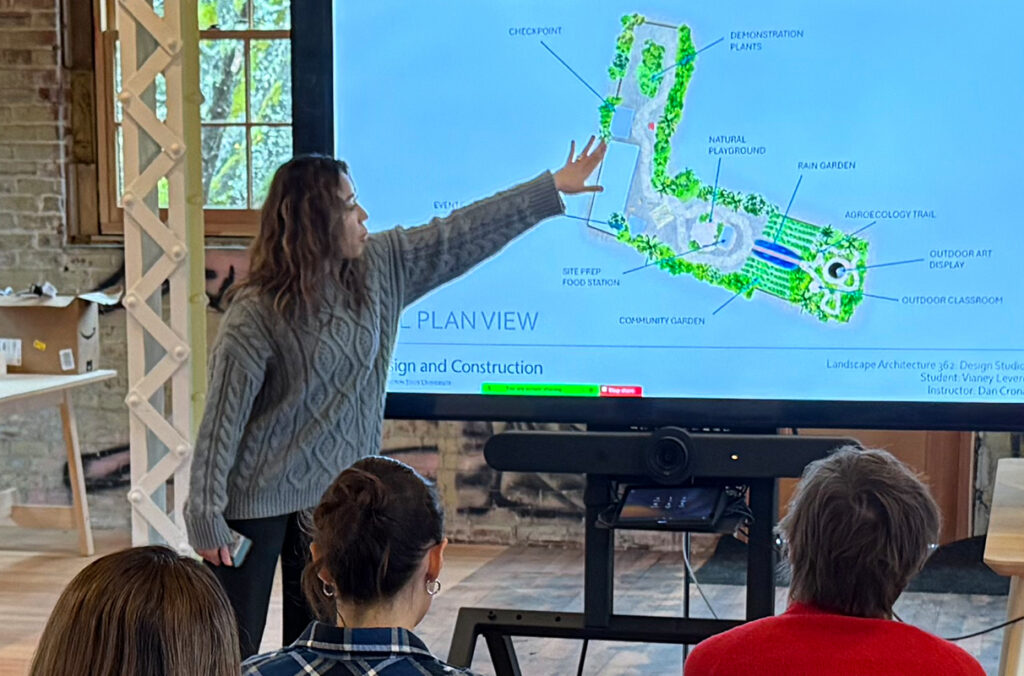Electric vehicles (EVs) have swiftly transitioned from a futuristic concept to a mainstream reality, revolutionizing the automotive and electrical sectors. As more drivers switch to EVs, the demand for efficient, accessible, and innovative charging solutions has skyrocketed. The future of EV charging promises not just faster and more convenient options but also smarter, more sustainable technologies that will redefine our relationship with transportation.
The Future of EV Charging: Wireless, Fast, and Ultra-Convenient

The Evolution of EV Charging
The late 1990s saw the emergence of pioneering EVs like the Toyota Prius, Nissan Leaf, and Tesla Roadster. Back then, charging infrastructure was scarce and charging times were lengthy, posing significant hurdles for widespread adoption. Today, we are on the cusp of a new era where EV charging is becoming wireless, fast, and ultra-convenient, meeting the growing needs of consumers and businesses alike.
Fast and Ultrafast Charging Technologies
One of the most significant advancements in EV charging is the development of fast and ultrafast charging stations. DC fast chargers, for instance, can recharge 80% of a vehicle’s battery in under 20 minutes, drastically reducing wait times for drivers. Improvements like Silicon Carbide (SiC) semiconductors and liquid-cooled cables are enhancing efficiency and supporting high-voltage battery systems in modern EVs. Such technologies are essential to address range anxiety and ensure convenience for EV users.
Wireless Charging: The Next Frontier
Wireless charging technology is set to revolutionize the EV charging experience by eliminating the need for physical cables. Utilizing inductive charging, EVs can be charged simply by parking over a charging pad. Companies like WiTricity and Electreon are pioneering dynamic wireless charging, which allows vehicles to charge while in motion, potentially reducing battery size requirements and further alleviating range anxiety.
Smart Charging and Grid Integration
The integration of Artificial Intelligence (AI) and the Internet of Things (IoT) is transforming EV charging networks into smart systems that optimize energy usage and improve grid stability. Through intelligent load management and predictive analytics, charging stations can adjust in real-time to energy demands, making the charging process more efficient and cost-effective. Innovations like Vehicle-to-Grid (V2G) technology allow EVs to return excess power to the grid, enhancing energy storage solutions and contributing to renewable energy integration.
Renewable Energy Integration
Combining EV charging infrastructure with renewable energy sources is a crucial step towards a sustainable future. Solar-powered EV chargers and wind energy integration reduce reliance on the grid and decrease carbon emissions. Companies like Tesla Solar Roof and Envision Solar are at the forefront of developing sustainable charging solutions, promoting a greener transportation ecosystem.
Challenges and Infrastructure Development
Despite the rapid technological advancements, the expansion of charging infrastructure remains a significant challenge. The U.S. Department of Energy predicts the need for 2.8 million charging ports to meet future demand. This requires substantial investments and significant changes in electrical infrastructure to accommodate increased energy consumption and support decentralized energy systems.
Innovative Business Models
The EV charging industry is witnessing the emergence of diverse business models to make charging more accessible and affordable. Subscription-based services, pay-per-charge models, and Charging-as-a-Service (CaaS) are reshaping how consumers interact with charging stations. Additionally, peer-to-peer (P2P) networks facilitate charging facility sharing, expanding access and convenience for EV owners.
The Role of Industry Leaders
Companies like Rogers Electric are pivotal in this transformational period, offering expertise in designing, installing, and maintaining EV charging stations. Their commitment to reducing energy waste and adapting to new regulations helps businesses stay ahead with sustainable, innovative solutions. Similarly, organizations like ChargeLab provide support with Charging Station Management Systems (CSMS), aiding in the advancement of the future of EV charging.
Future Innovations
Looking ahead, the EV charging landscape promises even more groundbreaking developments:
- Ultrafast Charging Exceeding 350 kW: Reducing charging times to mere minutes.
- Standardization and Interoperability: Global standards like ISO 15118 promote compatibility across different vehicles and networks, enhancing the seamless charging experience.
- Battery Swapping Technology: Companies like NIO and Gogoro offer alternative solutions to minimize downtime during charging.
- Autonomous EV Integration: Wireless and dynamic charging pave the way for autonomous vehicle operations without manual intervention.
Conclusion
The future of EV charging is bright, with technological innovations making charging wireless, fast, and ultra-convenient. As infrastructure expands and integrates with renewable energy sources, EVs will become an even more attractive option for consumers worldwide. The collective efforts of industry leaders, technological advancements, and supportive policies are steering us towards a more sustainable and electrified transportation future.
Embrace the electrifying future and experience the convenience of next-generation EV charging solutions. Stay connected, stay charged, and drive into a sustainable tomorrow.











